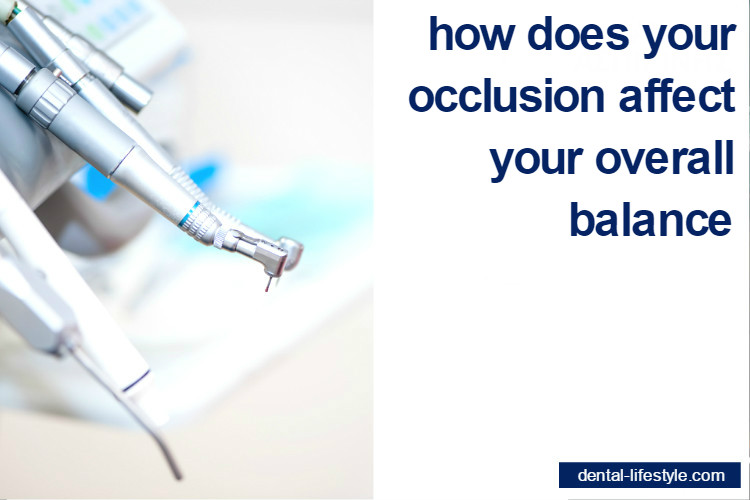Well, you all know now what an orthodontist does. (What? You don’t? Go back to previous Monday’s article about ortodontic treatment and study hard!) We can all easily understand the importance of this dental field but, like that wasn’t enough already, new reasearch adds up to its significance. It proves a major relationship between dental occlusion and control of posture and balance.
[Let’s take a minute here to explain the “dental occlusion” term. It is simply the contact made between the top and bottom teeth when closing the mouth. ]
Problems that can arise from a malocclusion include:
- shifted midline
- gaps between teeth
- crowding
- crossbites
- missing teeth.
A Spanish research,whatsoever, provides conclusive data which show that postural control and balance are improved. Both in static and dynamic equilibrium- when different “wrong” occlusions are corrected by positioning the jaw in a neutral position.
In recent years there has been increasing scientific interest in the relationship between the stomatognathic system (the set of organs and tissues that allow us to eat, talk, chew, swallow and smile) and postural control.
The link may have a neurophysiological explanation. Let’s talk medicine now. There is a reciprocal influence between the trigeminal nerve and the vestibular nucleus ‑which are responsible for the masticatory function and balance control, respectively‑ as well as between the muscles of mastication and muscles of the neck.
This influence would explain why dental malocclusions negatively affect postural control. Are you sure you want to leave your teeth with a “bad bite”?
Athina Tsiorva


